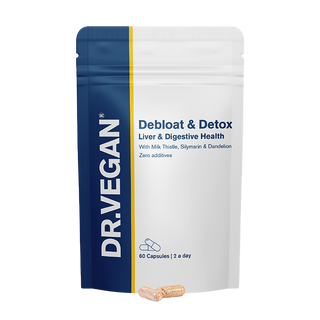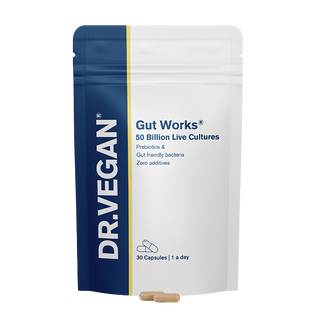Does alcohol affect the menopause?

It’s beginning to look a lot like…. Dinner with the girls and some cheeky G&T’s! It's Christmas party season and the Prosecco is flowing, followed by a couple of cocktails to round off the night; it would be rude not to. Well, it is that time of year again, after all. But you may find that it’s not like it used to be... Have you noticed that you used to be able to go out drinking all night and then roll up to work the following morning feeling fresh as a daisy? Whereas now, your hangovers feel more like total ‘fallovers,' and you can’t get up again.
Sadly, the menopause seems determined to spoil many of the things we used to enjoy without any consequences, but that doesn’t mean you can’t indulge (a little). So here are the facts: Emma Watts, otherwise known as The Menopause Mentor, spills her ‘no frills’ advice on drinking and how to support your menopausal body through the festivities.
The facts
Studies show that alcohol consumption often increases during significant or stressful life events and the menopause is most certainly a significant time for many women. Men and women respond differently to alcohol, and unfortunately, women’s bodies absorb more alcohol and take much longer to break it down than men's do. This means that as women, we are at a higher risk of long-term damage from alcohol consumption.
The NHS guideline for women’s alcohol consumption recommends no more than 14 units per week (this equates to around 6 medium glasses of wine or 6 pints of cider or beer). A recent survey found that 1 in 3 women began drinking more excessively through perimenopause and 1 in 8 women drink over the recommended 14 units per week, and sadly, it would seem more women are choosing alcohol as their preferred stress reliever. Read more about how the menopause affects stress levels in 'Why menopause causes stress & mood swings'.
Debloat & Detox

This risks
We all know that excessive drinking can negatively impact our health, but the menopause further complicates the matter. Alcohol consumption increases the risk of osteoporosis by further reducing bone density, a common issue that is already faced through the menopause.
The average glass of wine contains around 150 calories, so drinking can also contribute to increased risk of weight gain. As our metabolisms slow down through the menopause, so does our ability to process alcohol content. It places additional strain on our hearts and livers and can exacerbate symptoms including disturbed sleep, hot flushes, brain fog, migraines and depression. Our livers are responsible for breaking down alcohol with a brilliant little enzyme called ADH, which unfortunately decreases with age, meaning it has to work so much harder to eliminate the alcohol from our bodies.
Alcohol can also have an impact on the effectiveness of HRT because your liver metabolises them both.

How good is what you're putting into your diet? Create your free Diet Profile now to find out.
Top tips
Here are Emma's top tips on how to support your body if you’re planning to have a few tipples during the festive period and how to reduce the impact it has on your body and symptoms.
- Limit your intake: Be sure to keep your consumption to the recommended units and avoid binge drinking.
- Water: Drink plenty of water before and after a night out.
- Alternate drinks: Rotate alcoholic drinks with soft drinks or water throughout your social events.
- Eat protein: Protein-rich foods can reduce insulin spikes caused by alcohol. Check out the DR.VEGAN® recipes hub to discover hundreds of delicious plant-based recipes.
- Avoid high-fat / high sugar foods: Ultra-processed foods, along with alcohol, are difficult for your liver to process and break down.
- Consider alcohol-free options: Or, dilute your drink. For example, you could try a wine spritzer (wine and soda water).
- Food is fuel: Eat well before drinking!
- Rest: Aim to rest and stay gently active the following day to allow your body to recover. You may be interested in reading 'Why exercise helps through the menopause'.
- Detox the morning after: Drink hot water with lemon juice and apple cider vinegar to help detoxify your liver.
Drinking is often associated with social activities and downtime, which is ok, but if you are concerned that your alcohol consumption is excessive or is having a detrimental impact on your health and wellbeing, speak to your GP or your health care provider. You might be interested in reading 'How to talk to your doctor about menopause'.
In short, drinking in moderation is ok through the menopause, but it can be a primary trigger, aggravating many menopausal symptoms. So, ensure you take steps to protect your body, limit your intake, make smart choices and enjoy the festivities. But most of all, listen to your body, you’ve lived in her your whole life and she will let you know if she’s not happy with how you’re treating her!
Have fun, stay safe and occasionally be merry!
View our range of award-winning supplements and probiotics.
You may also enjoy reading:

















